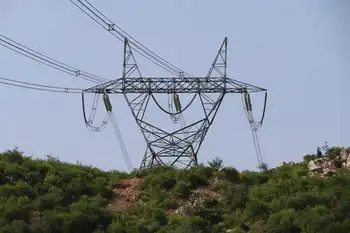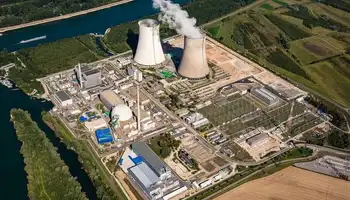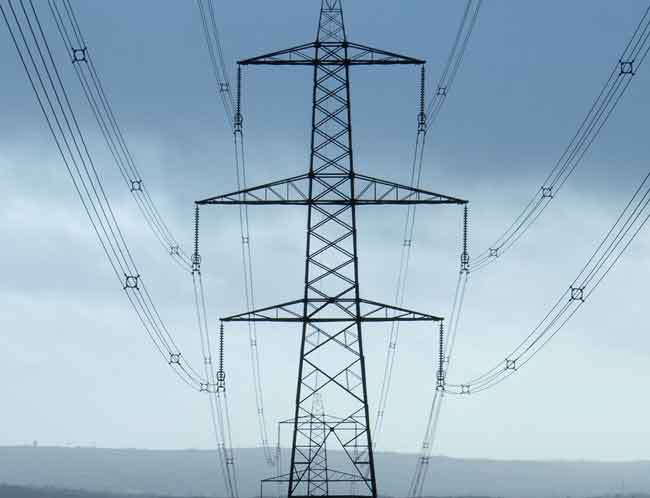Markets hit OPG investments hard
By Toronto Star
High Voltage Maintenance Training Online
Our customized live online or in‑person group training can be delivered to your staff at your location.

- Live Online
- 12 hours Instructor-led
- Group Training Available
The fund, which is supposed to cover the cost of decommissioning old nuclear plants, was created back in 2003 as part of new licensing criteria required by Canada's nuclear safety agency. Another fund that pays for the cost of managing nuclear fuel waste was also created at the time, and OPG pays into both funds annually.
Pierre Charlebois, chief operating officer of OPG, said in a conference call that otherwise good performance from the company's nuclear and hydroelectric generating stations was "obscured by the impact of the slumping financial markets."
The decommissioning fund, as of Sept. 30, was value at $4.624 billion and is invested in a "global diversified portfolio of equities and fixed-income securities," he said.
The fund has lost $448 million since the beginning of the year.
Overall, OPG had a profit of $113 million in the same period a year ago, but the drop in the value of the fund turned that into a $142 million loss in its third quarter.
Tom Adams, an independent energy consultant, said the fund's falling value so far this year is just the tip of the iceberg in light of the stock-market carnage seen this fall.
"October and November were much worse than we've seen in September back to July," Adams said. "The statements we're seeing now are very likely just the beginning of a story we'll see unfold by year's end."
Charlebois said the liabilities for future decommissioning and waste management to date add up to $11.1 billion, up from $8.5 billion three years ago. But he emphasized that the first major payouts from the funds aren't expected for another 50 years and that any losses will be recovered over the long term.
The fund managing waste fuel, currently valued at $4.792 billion, has grown. The province guarantees it a rate of return of 3.25 per cent annually above inflation. Both funds together total $9.416 billion.
Adams said the decline in the decommissioning fund still represents a real loss of purchasing power for OPG, which could argue it needs a price hike on power from its unregulated power assets – mainly natural gas plants and small hydroelectric facilities – once a cap on those rates expires at the end of 2009.
OPG said it generated 27.3 terawatt-hours of electricity in the third quarter, up from 26.2 terawatt-hours a year earlier. Hydroelectric production jumped 24 per cent year-over-year to 8.9 terawatts, while nuclear power production rose 13 per cent to 12.2 terawatt-hours because of improved performance from Pickering A and Darlington stations.
The increase in hydroelectric and nuclear resulted in cleaner air in Ontario. Fossil-fuel generation from coal and natural gas fell about 25 per cent to 6.2 terawatt-hours. Charlebois said falling electricity demand also made the province less reliant on fossil fuel power.
OPG disclosed that fractured rock conditions at its Niagara tunnel project, which involves drilling under the St. David's gorge, continues to create problems. The contract for the project is being renegotiated and is "expected to have a significant impact on project cost and schedule."
Charlebois said full details aren't expected until the first quarter of 2009, but he still defended the project, even at higher costs.











